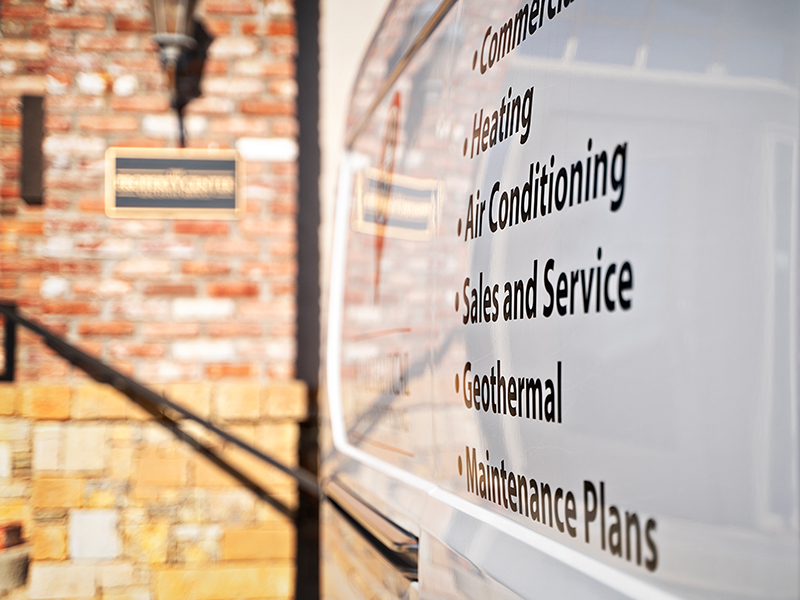Everyone is talking about geothermal HVAC systems these days: how they are the cleanest, most environmentally sound option; how you may get tax incentives or even PACE financing to help offset the cost.
You might think this is a trend, a fad, the latest “green” fashion, but in fact geothermal heating and cooling has been around since the 1940s. Geothermal HVAC has stood the test of time and passed with flying colors. Geothermal is now standard in many European countries – for example, more than 75% of new homes in Switzerland and Sweden have it.
Here in the USA, geothermal HVAC systems are very highly regarded by the government: both the U.S. Department of Energy and the U.S. Environmental Protection Agency pronounced geothermal systems to be the most environmentally clean, energy efficient and cost-effective systems.

The temperature we experience on the surface of the Earth varies a lot depending on the seasons and the weather, but temperatures underground are very steady, and the ground gets warmer the deeper you dig, increasing about 1°F for every 70 feet. Geothermal HVAC systems use the steady underground temperatures to heat or cool a house with a minimum energy requirement.
In very simple terms, geothermal heat pump systems make fluid (usually water) circulate through buried pipes to exchange heat between the house and the Earth, and this can be used for both heating and cooling purposes.
Let’s consider ground source heating as an example. It’s winter, and the cold air in your house needs heating. Geothermal heat pumps will push water underground, and since it is warmer underground than at the surface, the liquid running through the buried pipe system (known as ground loop) absorbs heat from the ground.
The loop system brings up the now hot water into the heat exchanger, which makes it run through the house. The water gives away its heat to the cold air, cooling as it heats up the rooms, and the resulting cold water is pushed back underground to get heated again, in a closed loop.
In a nutshell: yes they are! A geothermal system has a higher price and installation costs, but it is definitely a sound investment in more ways than one.
Most geothermal HVAC systems use plain water to operate, which means there is no coolant or any other contaminant involved. What’s more, the water itself is not affected at all by the heating and cooling process – if it’s a closed loop system it just keeps circulating, and if it’s an open loop system the water returns to the source it came from, totally uncontaminated.
The very low energy requirements of the system set it apart from traditional ones depending on gas, coal or other fuels. And geothermal energy is a clean, renewable energy, unlike fossil fuels.
Geothermal heating and cooling actually gives you more energy than you put into it: for every watt of electricity that goes into running the compressor and fans you get up to 5 watts of heating or cooling power.
Reports from the Environmental Protection Agency have shown that use of geothermal HVAC systems saves 30-70% on heating and 20-50% on cooling costs compared to conventional systems. With about $400 to $1,500 annual savings in energy bills, you can recoup your installation costs in as little as 2-3 years.
The bulk of installation costs for a geothermal system has to do with the installation of the ground loop, the buried pipes that allow for the heat exchange with the ground. It is falsely thought that they require a lot of space – loops can be buried in a vertical position, so they run deep but do not take a large area.
Geothermal HVAC equipment requires little maintenance, and it can be very long lasting. The heat pump and other indoor components have an estimated lifespan of 25 years – 10 years more than you can expect from a traditional AC unit. The ground loop has an even greater life expectancy of 50 years or so.
Most maintenance has to do with keeping the ductwork and filters clean and in good repair, and it is always a good idea to have a professional examine your system every few years or so.